Converting your existing spot lights to LED technology can offer significant benefits in terms of energy efficiency, longevity, and lighting quality. This article explores the process of converting spot lights to LED, covering important considerations, advantages, and practical tips for a successful upgrade.
Understanding Spot Lights and LED Conversion
- Spot Lights Overview
Spot lights are directional lighting fixtures designed to illuminate specific areas or objects with a focused beam of light. Traditionally, they have used incandescent or halogen bulbs for their brightness and beam control capabilities.
- Benefits of LED Conversion
Converting spot lights to LED technology brings several advantages:
- Energy Efficiency: LED bulbs are highly energy-efficient, consuming less electricity than traditional bulbs while producing equivalent or superior light output.
- Longevity: LED bulbs have a much longer lifespan than incandescent or halogen bulbs, reducing maintenance costs and the hassle of frequent replacements.
- Environmental Impact: LED bulbs are eco-friendly, as they contain no mercury or other hazardous materials and contribute to lower carbon emissions due to reduced energy consumption.
Steps to Convert Spot Lights to LED
- Check Compatibility
Ensure that your existing spot light fixtures are compatible with LED bulbs. Check the socket type (e.g., GU10, E26) and ensure the fixture can accommodate LED bulbs without overheating or compatibility issues.
- Select LED Bulbs
Choose LED bulbs that match the specifications of your spot light fixtures. Consider factors such as wattage, color temperature (e.g., warm white, cool white), dimmability (if applicable), and beam angle to achieve the desired lighting effect.
- Installation Process
Turn off the power to the spot light fixture before installation to avoid electrical hazards. Remove the existing bulbs and insert the LED bulbs into the fixtures, ensuring a secure fit.
- Test and Adjust
After installation, test the LED bulbs to ensure they function correctly and provide the desired brightness and light quality. Adjust the positioning and settings as needed to optimize the lighting performance.

Considerations for LED Conversion
- Dimmability Compatibility
If your spot lights are dimmable, choose LED bulbs specifically labeled as dimmable. Not all LED bulbs support dimming functions, and using non-dimmable LEDs with a dimmer switch can result in flickering or inadequate dimming performance.
- Heat Management
LED bulbs generate less heat than incandescent or halogen bulbs, but proper heat dissipation is still important for optimal performance and longevity. Ensure that your spot light fixtures provide adequate ventilation to prevent overheating.
- Lighting Design and Ambiance
Consider the intended use and ambiance when selecting LED bulbs. Choose bulbs with appropriate color temperatures and high Color Rendering Index (CRI) for accurate color representation, especially in settings like retail displays or art galleries.
Benefits of LED Conversion
- Cost Savings: LED conversion reduces energy consumption, resulting in lower electricity bills over time. The longer lifespan of LED bulbs also reduces maintenance and replacement costs.
- Enhanced Lighting Quality: LED bulbs offer superior light quality with improved brightness, color rendering, and beam control compared to traditional bulbs.
- Environmental Sustainability: By reducing energy consumption and waste, LED conversion contributes to environmental sustainability and aligns with green building initiatives.
Conclusion
Converting your spot lights to LED technology is a practical and beneficial upgrade that enhances energy efficiency, extends lifespan, and improves lighting quality. By following proper installation procedures, selecting compatible LED bulbs, and considering factors like dimmability and heat management, you can achieve optimal performance and savings in both residential and commercial settings. Embracing LED lighting not only enhances the aesthetics and functionality of your space but also promotes sustainability and responsible energy use for a brighter future.
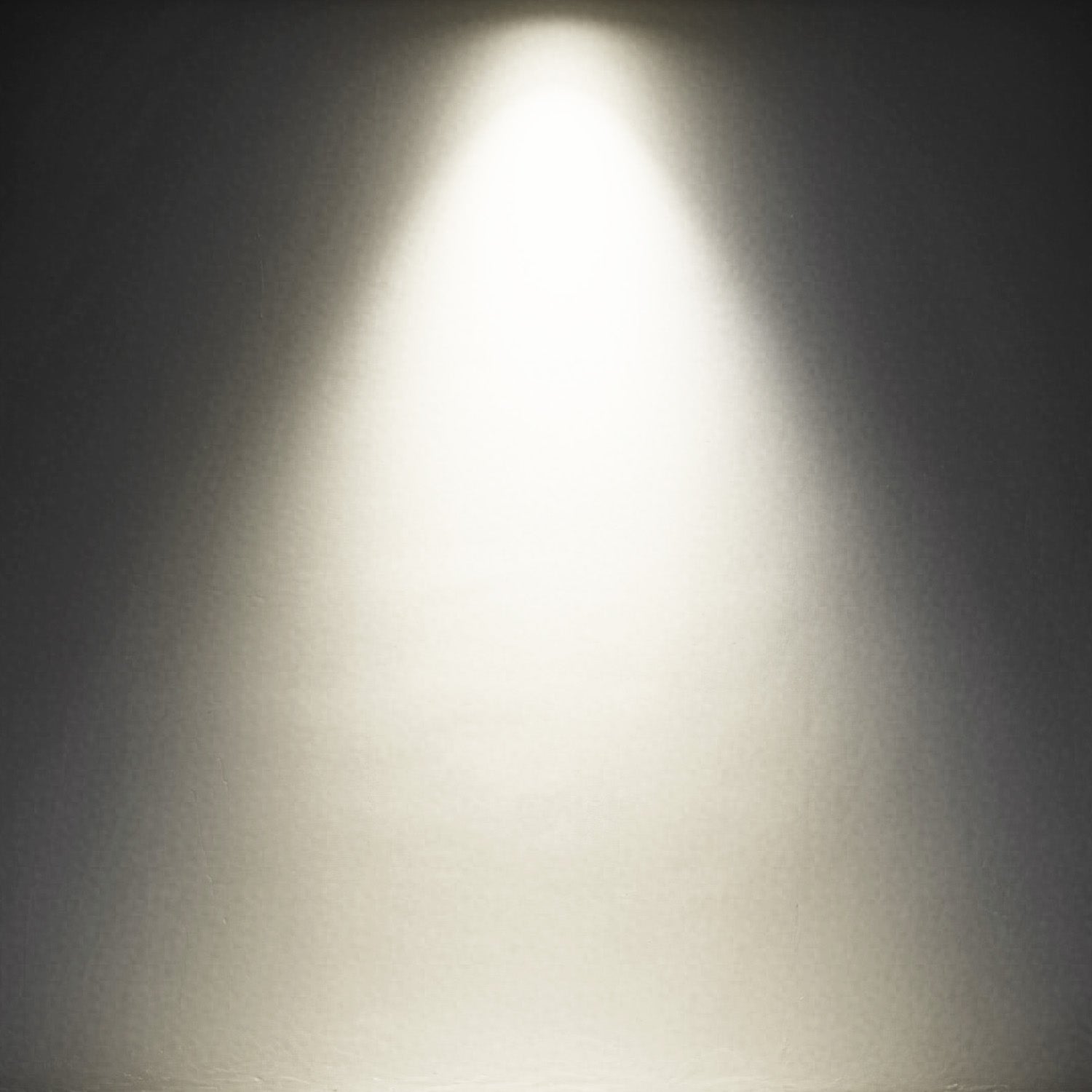
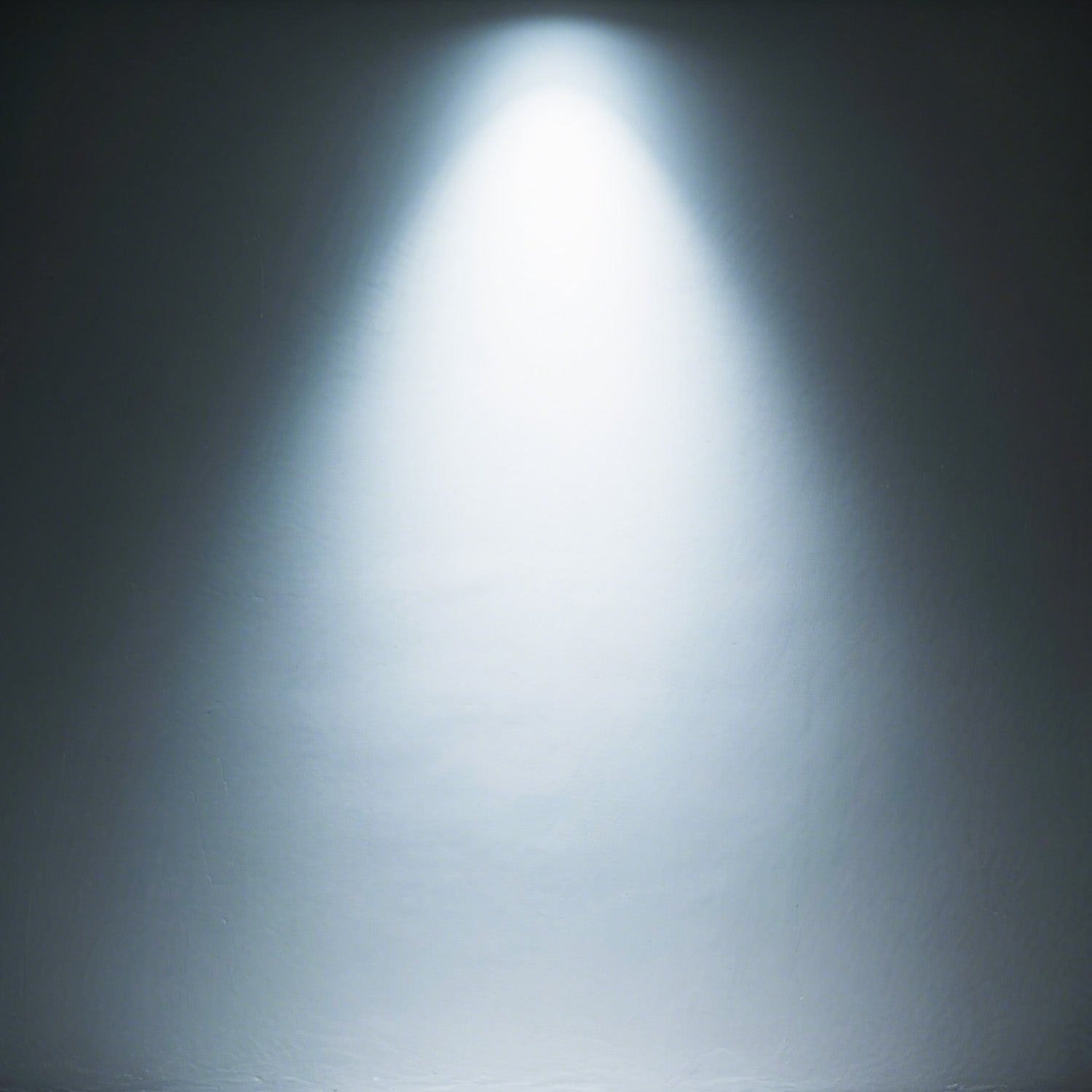
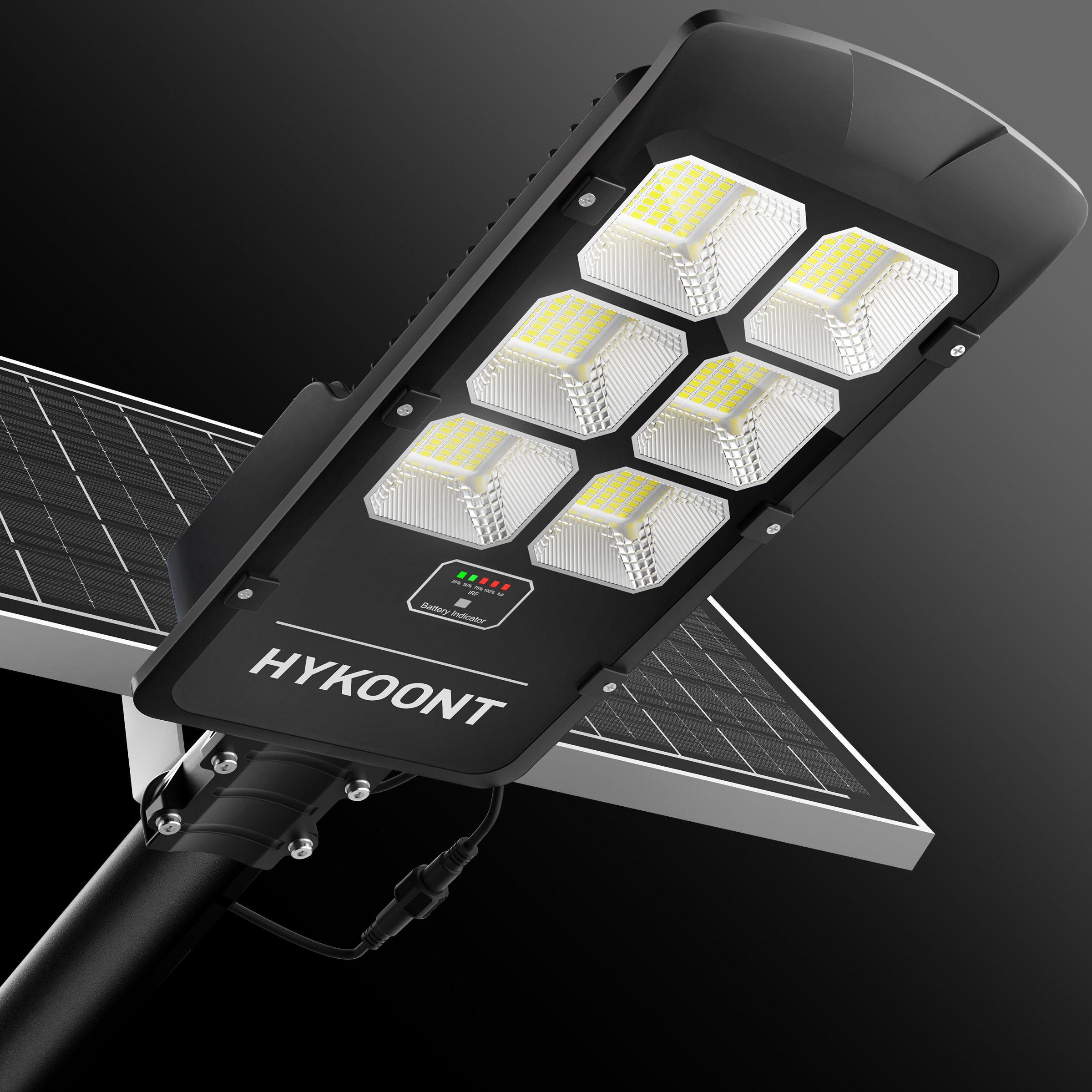
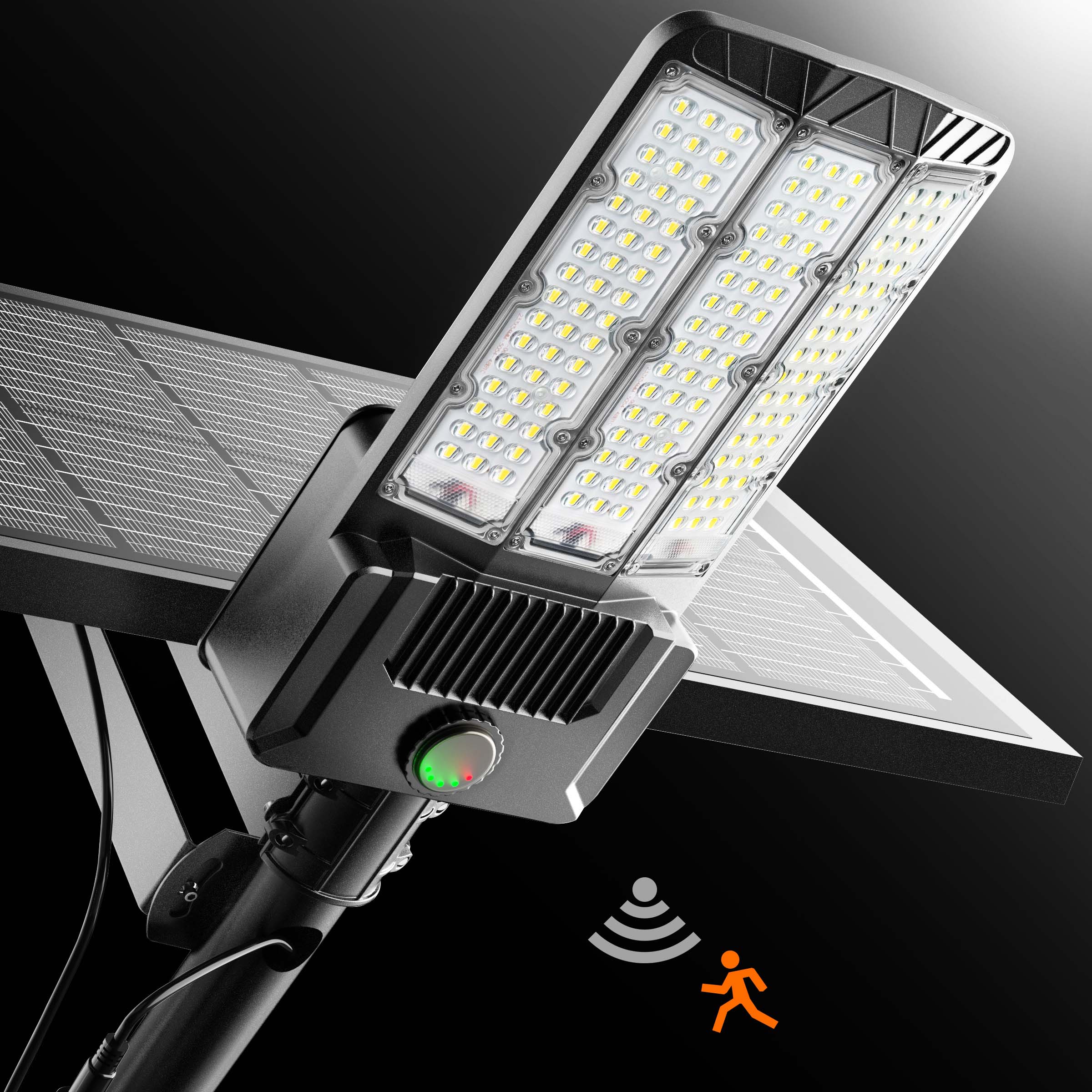
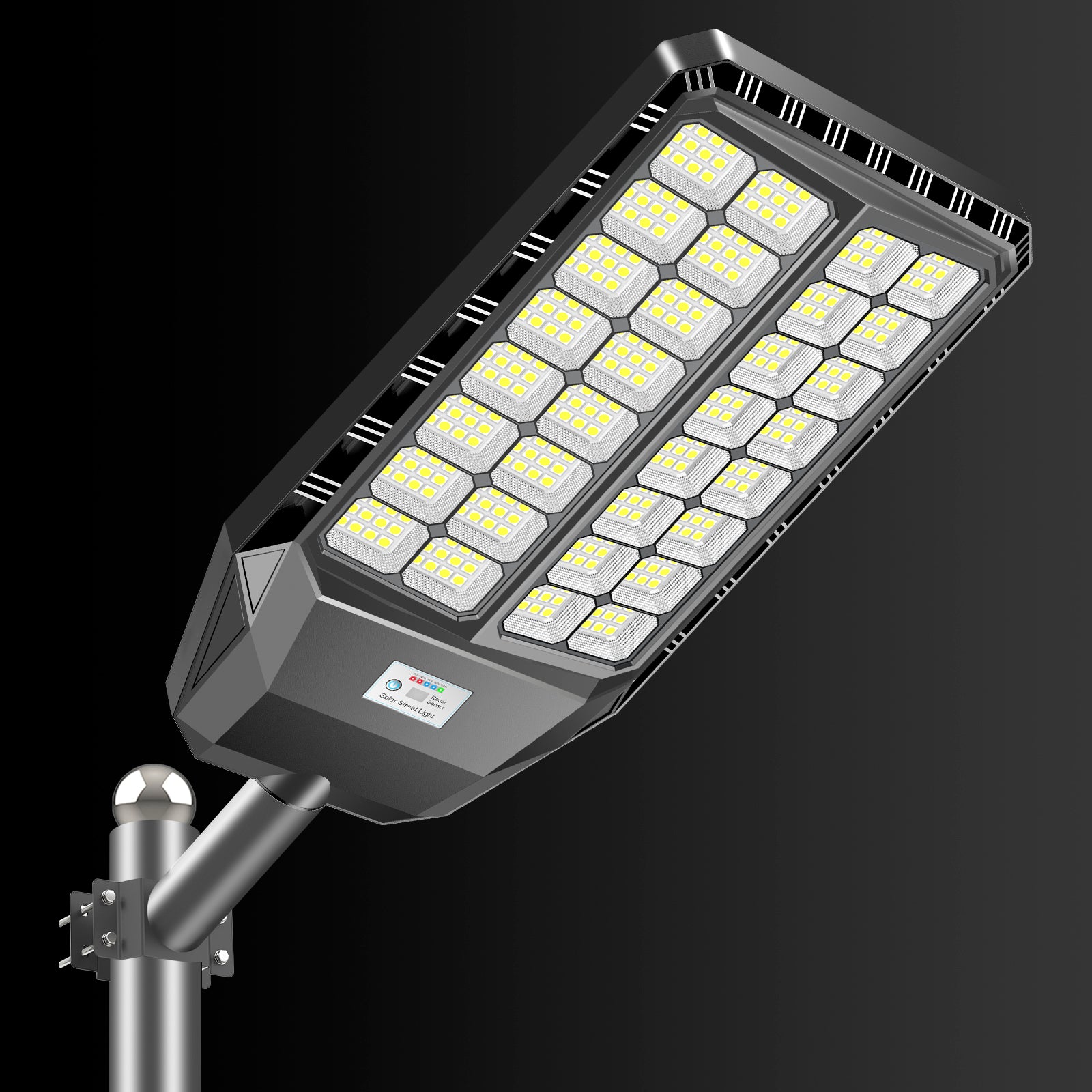
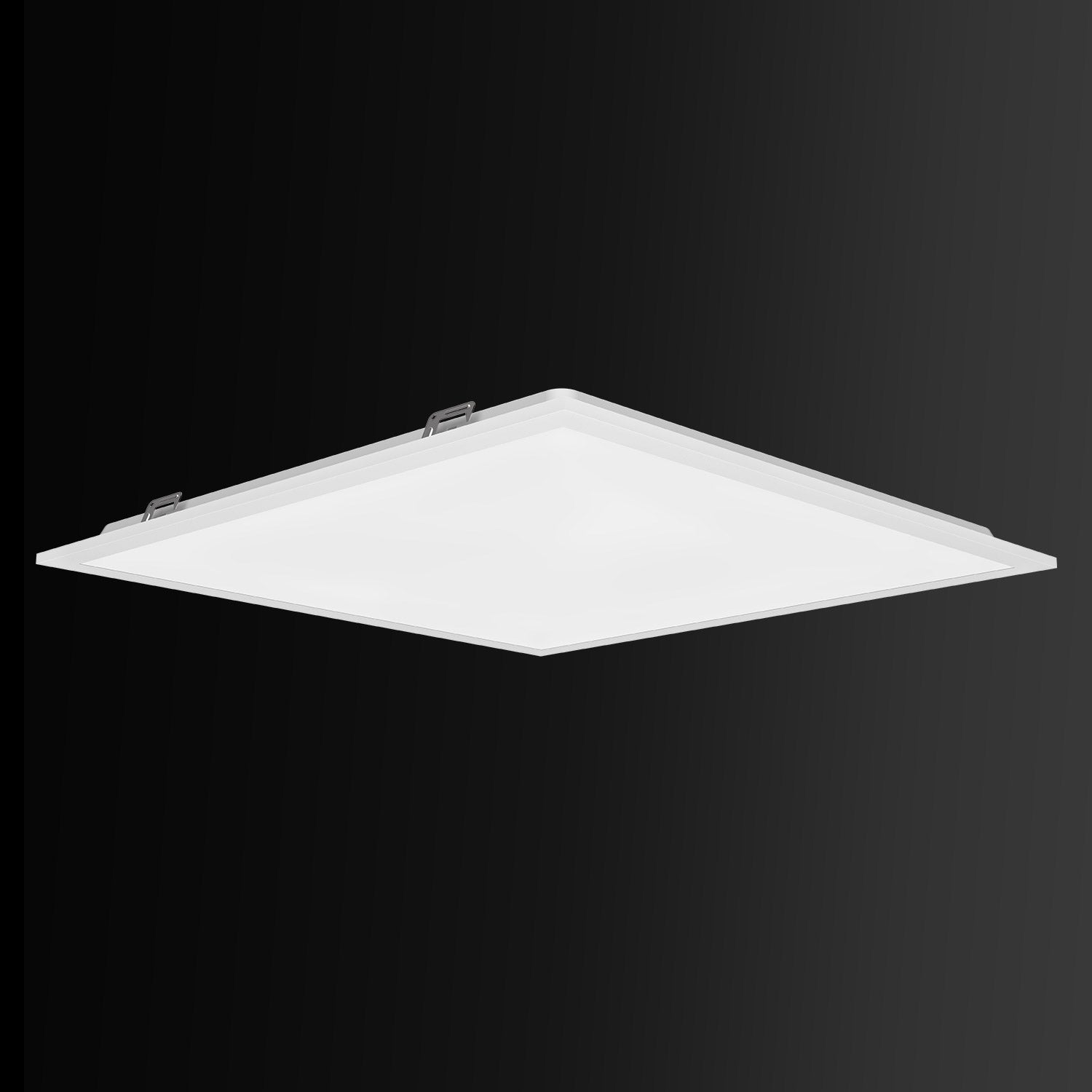
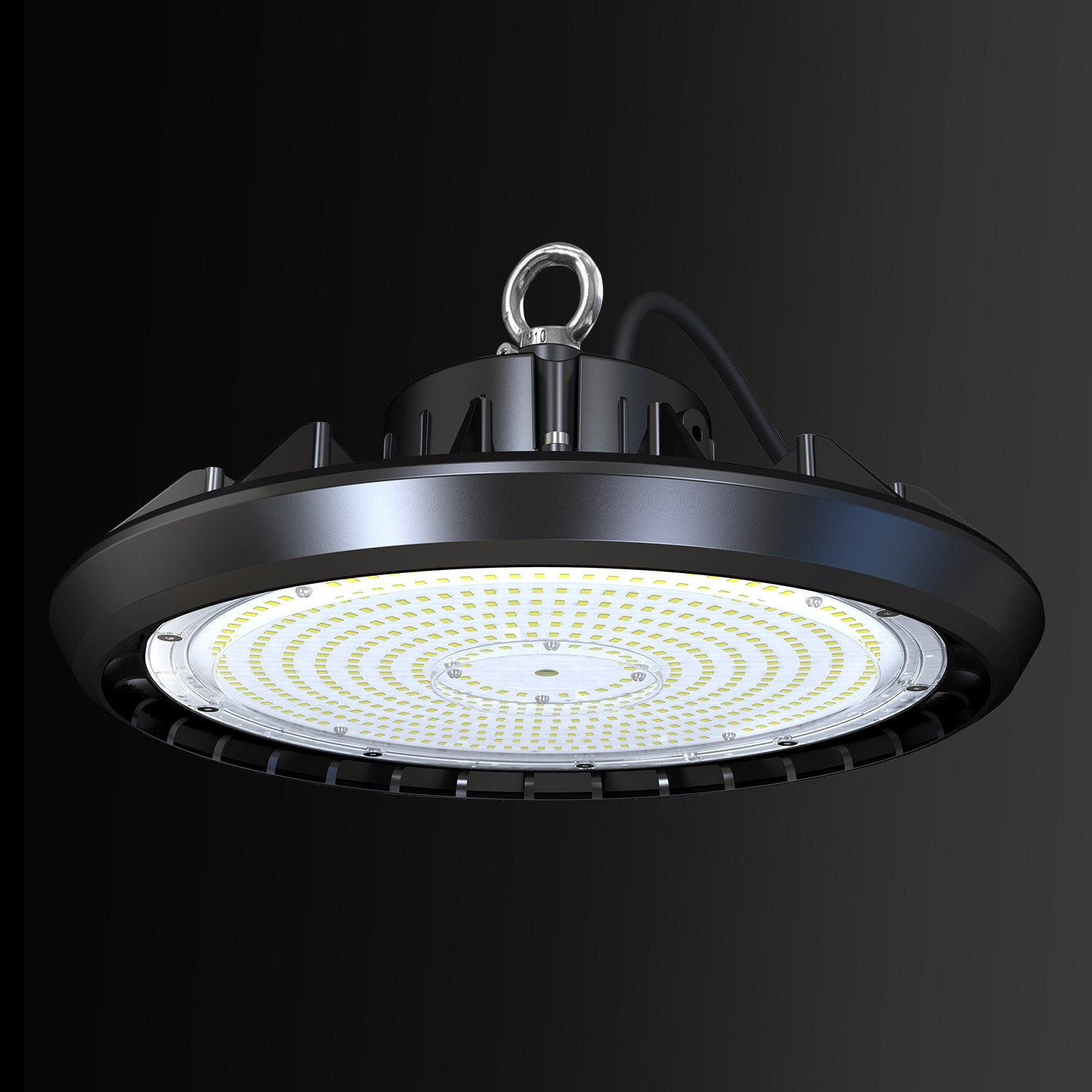
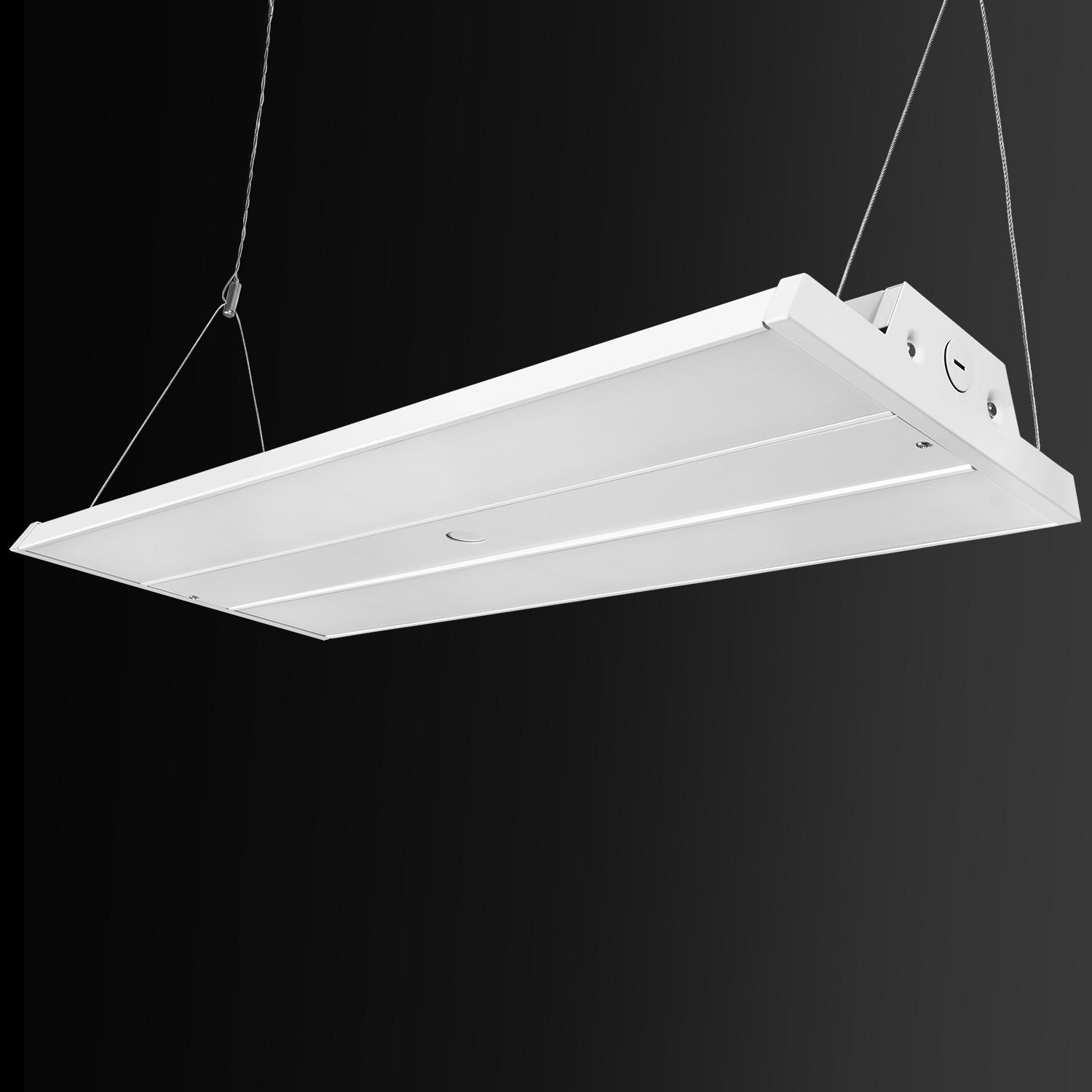
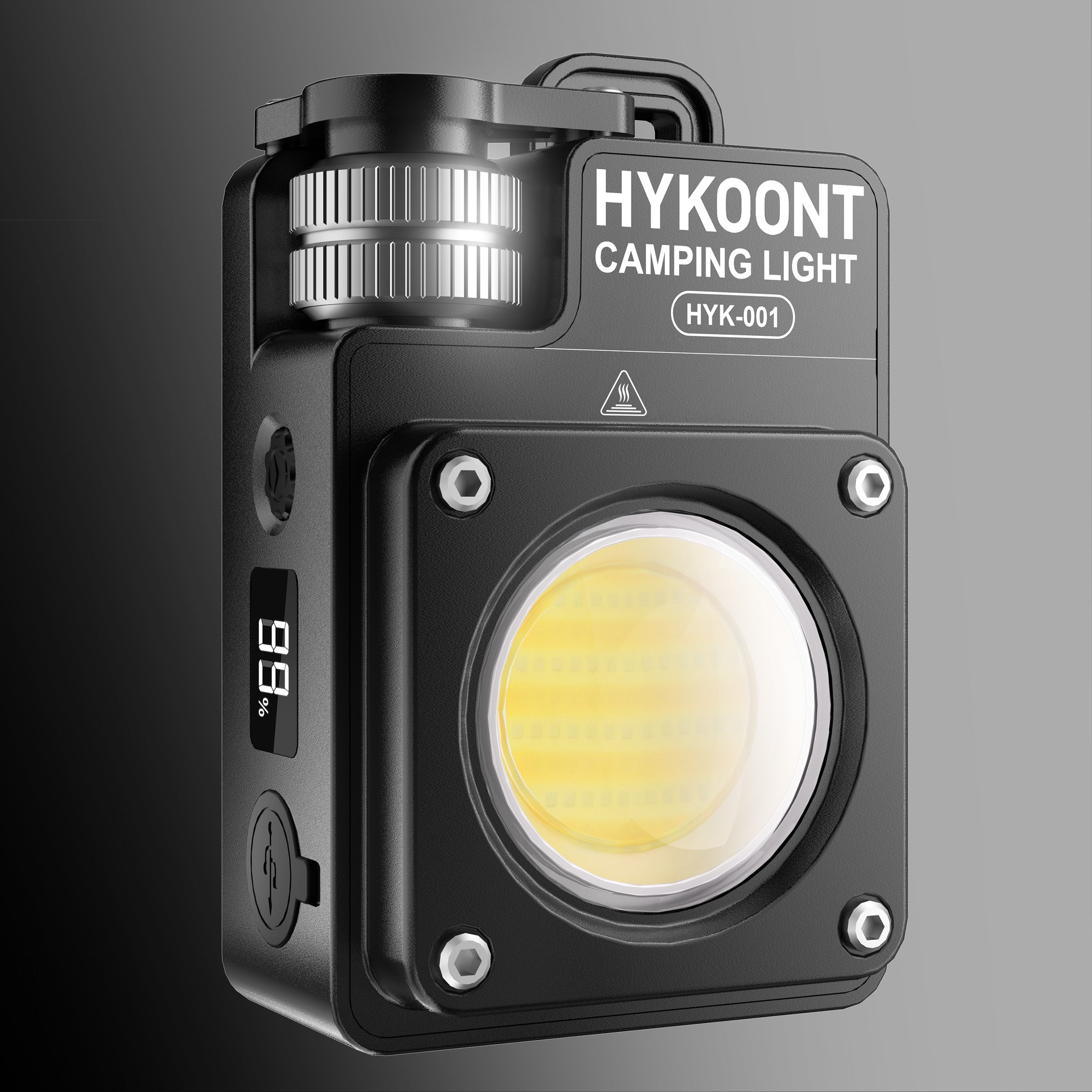
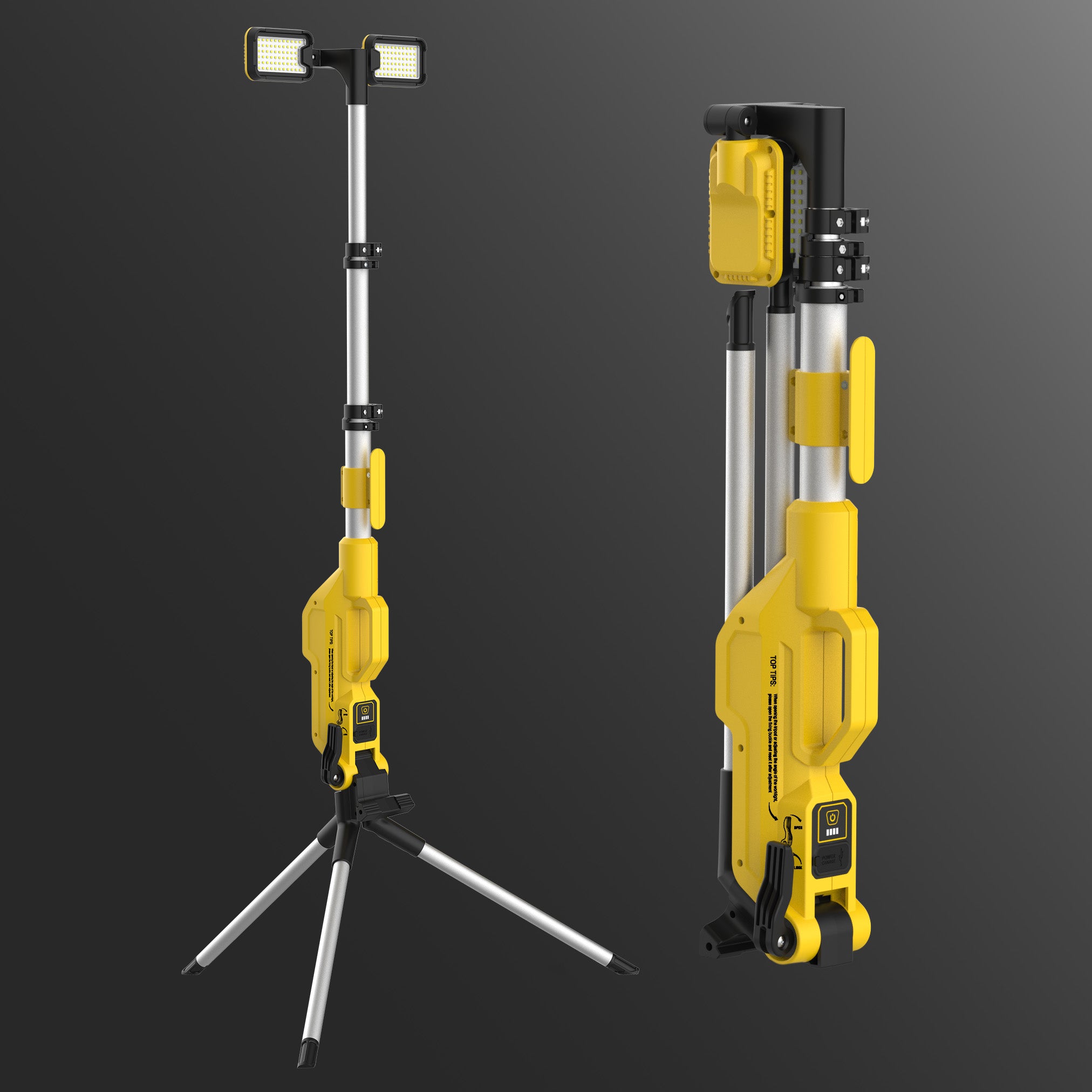
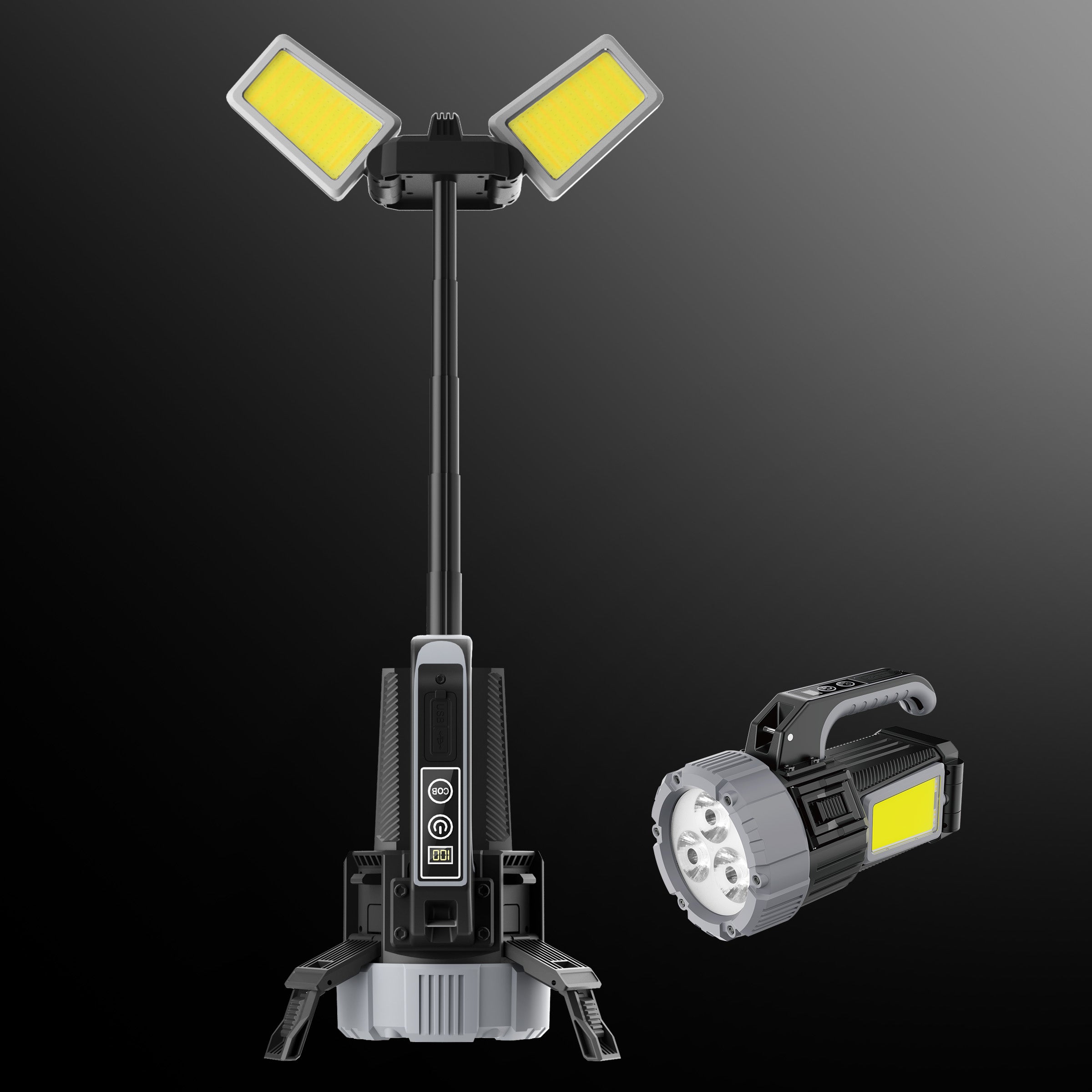


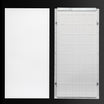
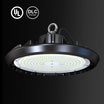
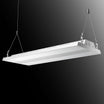


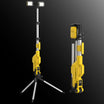
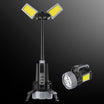
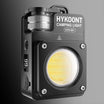
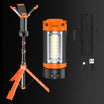
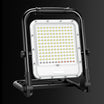
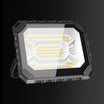



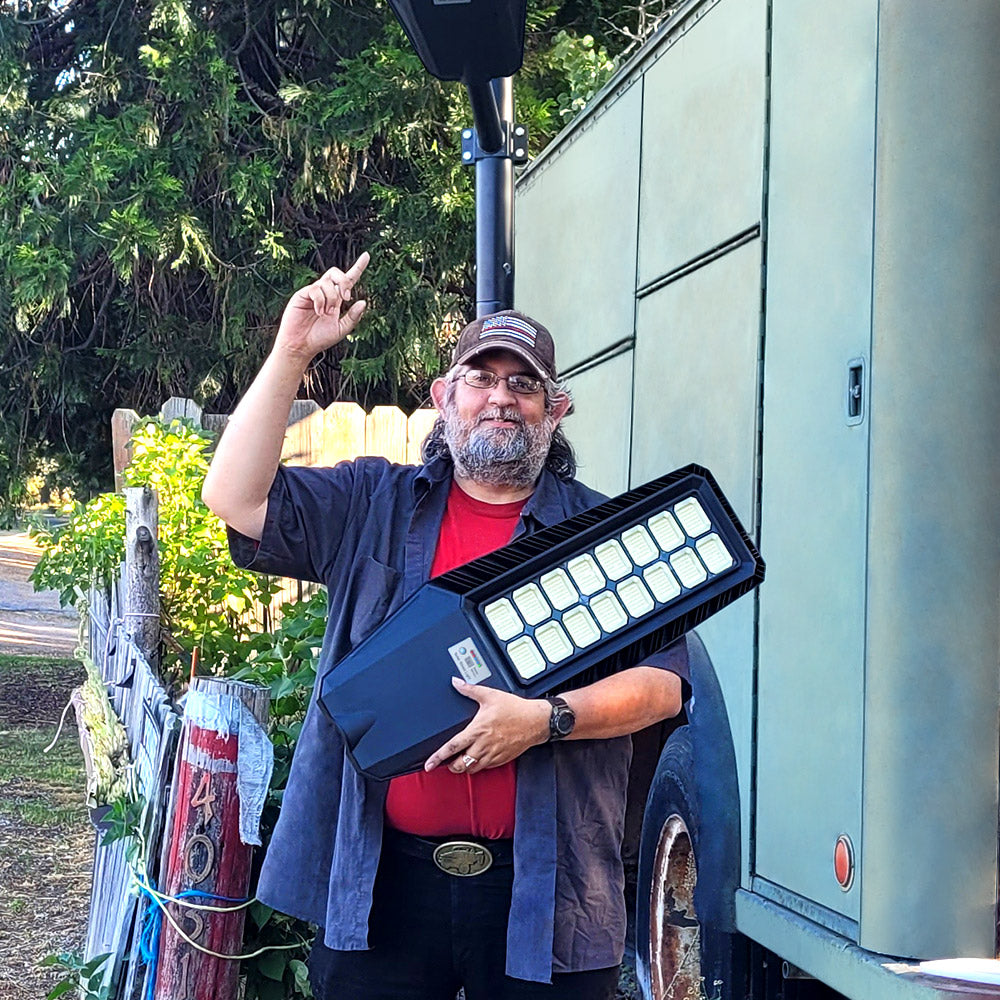
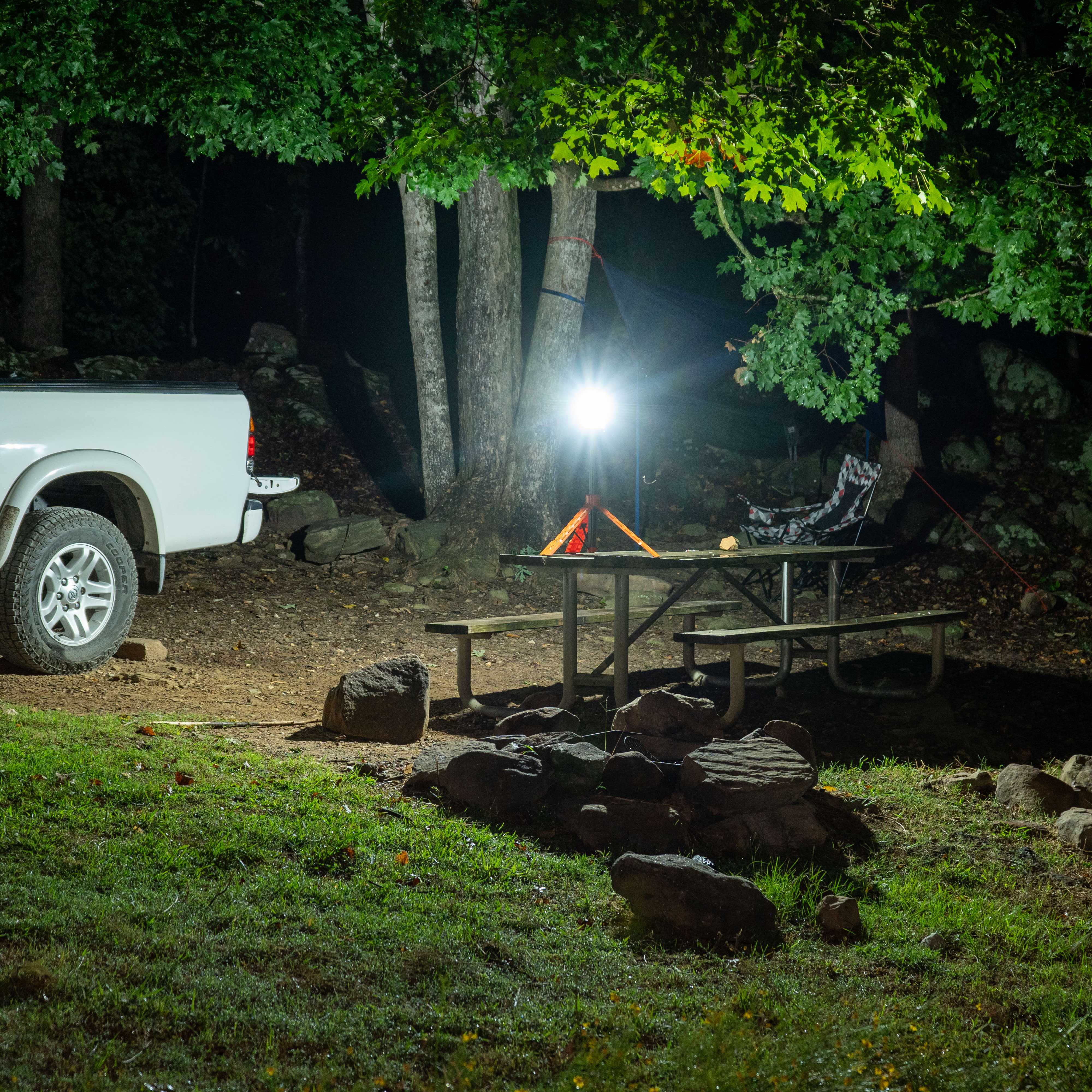
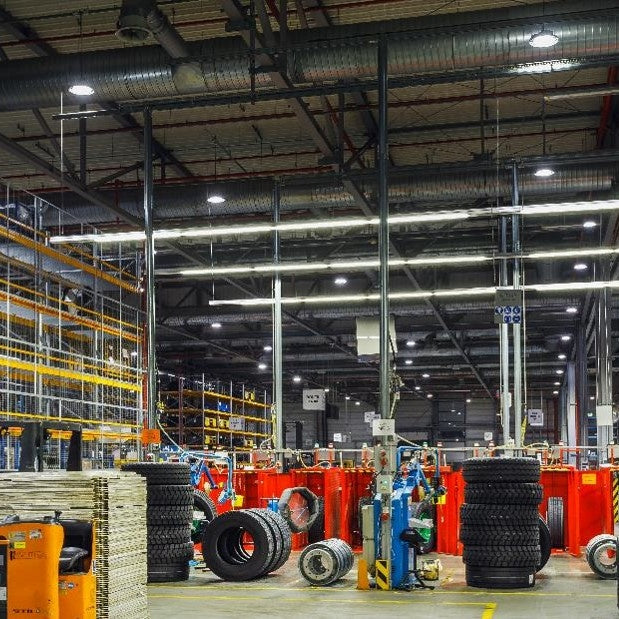
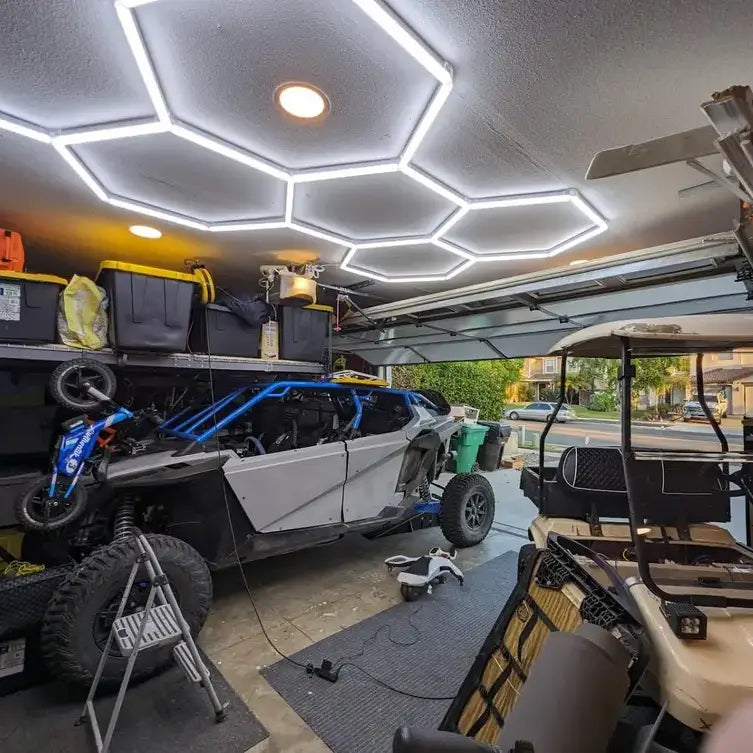
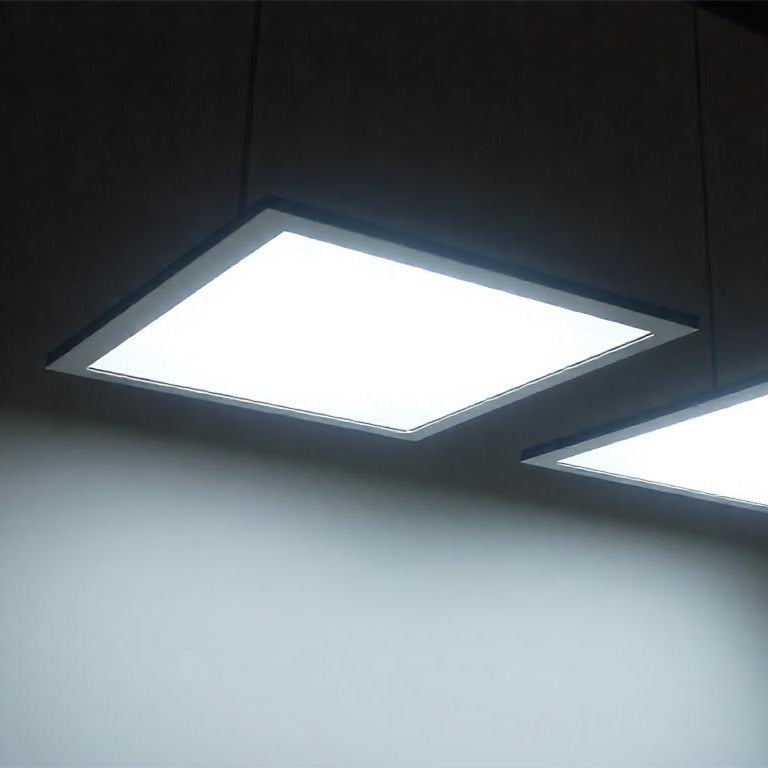
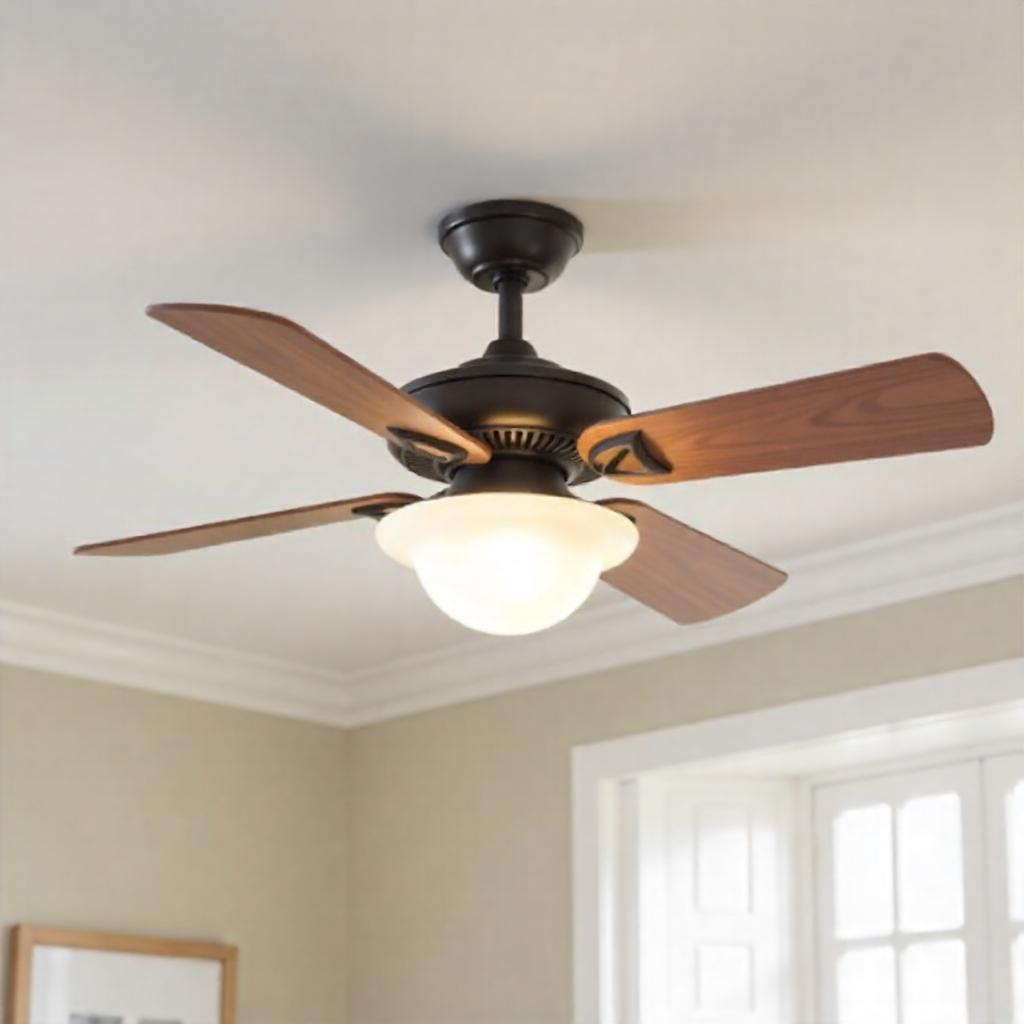
Leave a comment
This site is protected by hCaptcha and the hCaptcha Privacy Policy and Terms of Service apply.